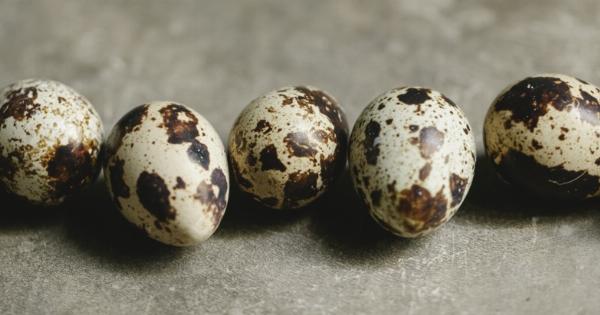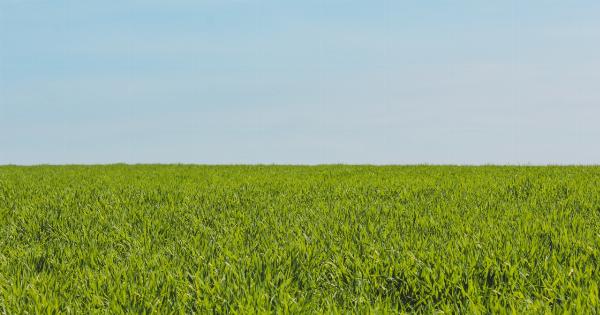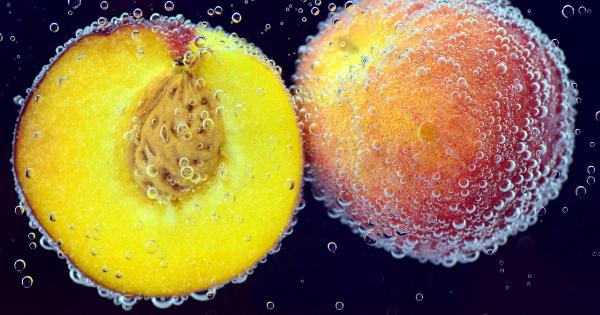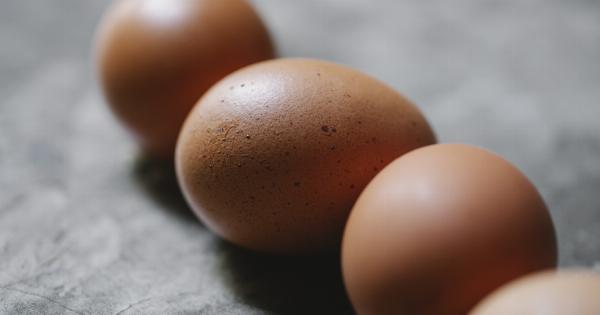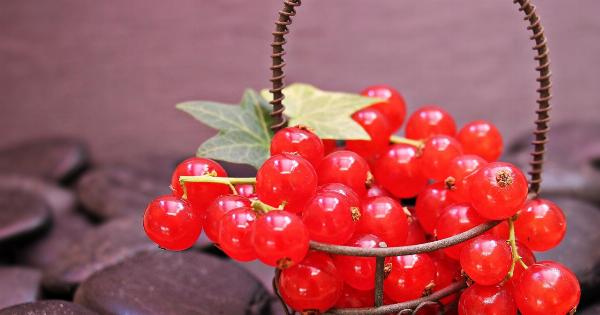As the world becomes more conscious about health, environment, and ethics, the demand for a sustainable alternative to animal protein has been on the rise.
People are increasingly looking for plant-based protein alternatives that not only provide the necessary nutrients but also have a positive impact on the planet. In this article, we will explore the ultimate replacement for animal protein and delve into its benefits.
The Growing Popularity of Plant-Based Protein Alternatives
Plant-based protein alternatives have gained immense popularity in recent years, thanks to many factors. One of the primary reasons is the growing awareness of the health risks associated with excessive meat consumption.
Numerous studies have linked high intake of animal protein to various health issues, including heart disease, diabetes, and certain types of cancer.
In contrast, plant-based protein sources offer a wide array of health benefits. They are typically lower in saturated fat and cholesterol, making them heart-healthy options.
Additionally, plant-based proteins often contain higher levels of dietary fiber, vitamins, and minerals, promoting overall well-being.
The Impact on Health
Switching to plant-based protein alternatives can have a significant positive impact on one’s health. Plant proteins, such as those found in legumes, soy, quinoa, and hemp, provide all the essential amino acids needed for human growth and repair.
They are considered ‘complete proteins’ and are suitable substitutes for animal protein.
Furthermore, plant-based proteins offer anti-inflammatory benefits, which can reduce the risk of chronic diseases like arthritis. They are also known to support healthy digestion, boost the immune system, and aid in weight management.
Incorporating these alternatives into a balanced diet can lead to improved overall health and vitality.
The Environmental Benefits
One of the major reasons why plant-based protein alternatives are gaining traction is their positive impact on the environment. Animal agriculture is a significant contributor to greenhouse gas emissions, deforestation, and water pollution.
Livestock farming requires vast amounts of land, water, and feed, putting enormous pressure on natural resources.
On the other hand, plant-based protein alternatives have a much smaller ecological footprint. Growing crops for plant proteins requires significantly less land, water, and resources compared to rearing animals for meat production.
The adoption of plant-based proteins can help curb climate change, conserve natural resources, and promote sustainability.
The Ethical Aspect
Another crucial aspect of shifting towards plant-based protein alternatives is the ethical consideration. Animal agriculture involves practices such as factory farming, which raises concerns about animal welfare and mistreatment.
Many individuals are embracing plant-based proteins as a way to align their dietary choices with their values of compassion and respect for animals.
By choosing plant-based alternatives, consumers can support a more ethical and cruelty-free approach to food production. This conscious decision contributes to a compassionate society that values the well-being of all living beings.
Exploring Plant-Based Protein Sources
Plant-based protein alternatives offer a diverse range of options to suit various dietary preferences and needs. Some of the popular plant-based protein sources include:.
1. Legumes
Legumes, such as lentils, chickpeas, and black beans, are excellent sources of protein. They are versatile and can be incorporated into soups, stews, salads, and burgers.
2. Soy
Soy products like tofu, tempeh, and edamame are rich in protein, easily available, and widely used in vegetarian and vegan dishes.
3. Quinoa
Quinoa is a complete protein and a valuable source of essential amino acids. It can be used as a base for salads, side dishes, or even as a substitute for rice or pasta.
4. Hemp
Hemp seeds and hemp protein powder are gaining popularity due to their high protein content and nutritional benefits. They can be added to smoothies, cereals, and baked goods.
5. Nuts and Seeds
Almonds, walnuts, chia seeds, and flaxseeds are examples of plant-based protein sources rich in healthy fats, fiber, and other nutrients. They make for great additions to meals, snacks, and homemade energy bars.
The Rise of Plant-Based Protein Products
Recognizing the growing demand for plant-based protein alternatives, many food companies have started developing innovative products to cater to this market.
Plant-based burgers, sausages, chicken substitutes, and dairy-free alternatives are becoming increasingly prevalent in supermarkets and restaurants.
These products often mimic the taste and texture of animal-based foods while providing the nutritional benefits of plant-based proteins.
They are designed to offer a familiar experience to those transitioning to a plant-based lifestyle, making the shift easier and more enjoyable.
The Bottom Line
Considering the numerous benefits, it is clear that plant-based protein alternatives are the ultimate replacement for animal protein. They offer a range of health benefits, have a lower environmental impact, and align with ethical values.
By incorporating plant-based proteins into our diets, we can make positive changes for our health, the planet, and animal welfare.

